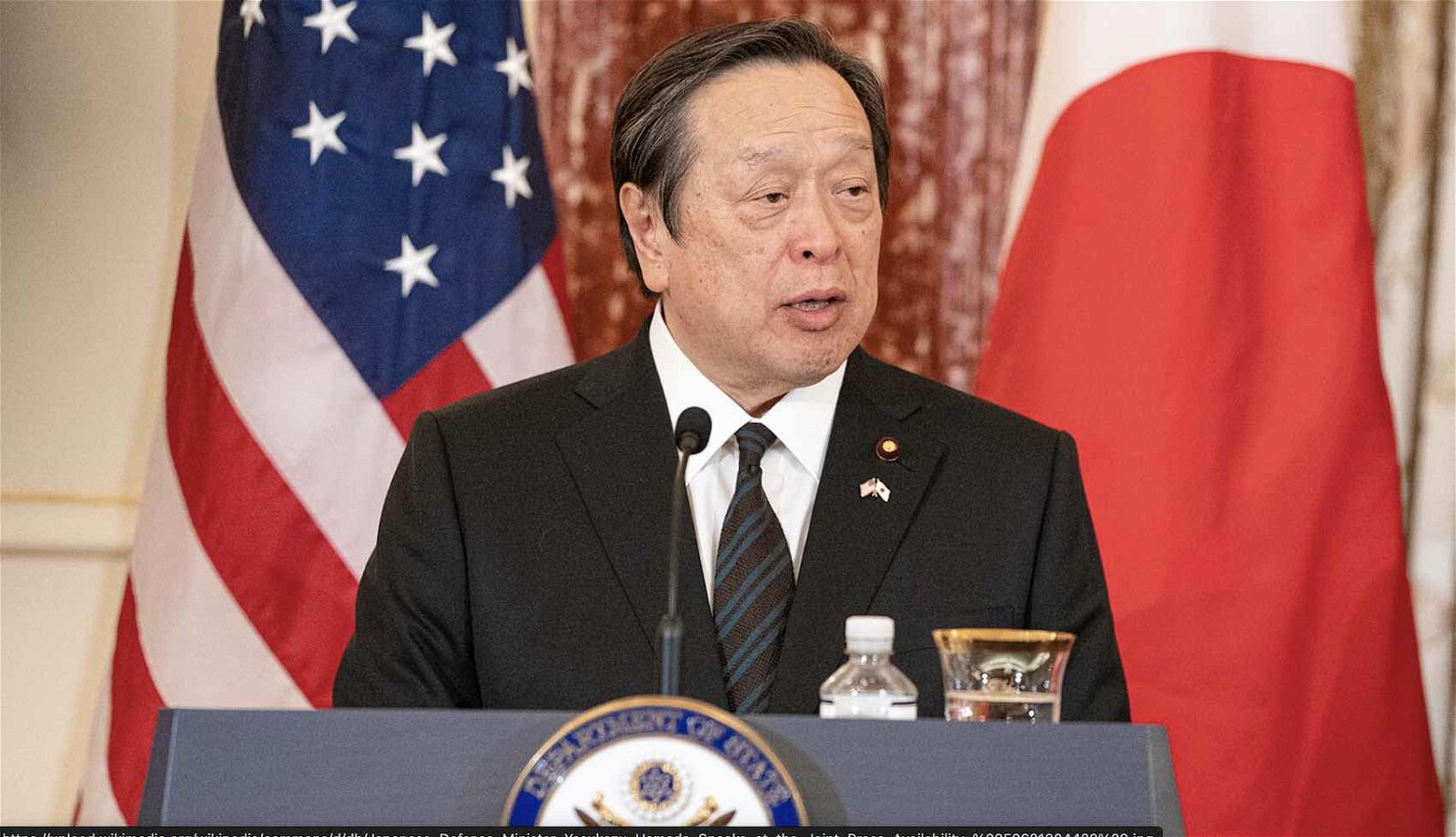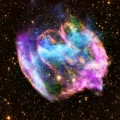A non-partisan group of Japanese lawmakers says it plans to investigate sightings of unidentified flying objects, citing concerns over possible foreign surveillance efforts and other national security issues.
The group, composed of more than 80 members that include former defense ministers, was announced on Thursday. The lawmakers say it will aim to enhance Japan’s capabilities in the detection and analysis of what the U.S. military now calls unidentified anomalous phenomena, or UAP.
“It is extremely irresponsible of us to be resigned to the fact that something is unknowable, and to keep turning a blind eye to the unidentified,” said former Japanese defense minister Yasukazu Hamada, coinciding with the new group’s launch.
In the U.S., the Pentagon’s official UAP investigative effort, the All-Domain Anomaly Resolution Office (AARO), had previously identified Japan as a hotspot for such sightings. The new Japanese group aims to complement AARO’s efforts by urging Japanese government officials to establish an official investigative office of its own in response to several incidents involving unauthorized drone incursions and surveillance balloons that have raised concerns about possible spying by nations like China.
Christopher Mellon, former Deputy Assistant Secretary of Defense for Intelligence in the Clinton and George W. Bush administrations, joined the inaugural meeting of Japan’s new UAP Caucus as a virtual attendee, telling The Debrief in an email following the event that it was “a packed room” that included several former defense officials.
“This initiative marks a highly significant and admirable commitment to transparency, national security, and scientific inquiry,” Mellon said in a written statement before fielding questions from the group’s attendees.
“We also know from a national security standpoint that the importance of identifying and monitoring unmanned aerial systems cannot be overstated. The immense impact of unmanned vehicles in the ongoing conflict in Ukraine is demonstrating their profound effects on modern warfare daily. By staying vigilant and informed, we can enhance national security and leverage these technologies for positive outcomes,” Mellon’s statement read.
The establishment of the new caucus follows recent incidents that include the unauthorized release of footage depicting a docked Japanese helicopter destroyer, which circulated on Chinese social media after an apparent drone intrusion over one of the country’s military facilities.
In another incident last year, “flying objects” observed over Japan were revealed to be monitoring balloons originating from China. Also in 2023, AARO released information involving global concentrations of UAP sightings, which specified western Japan and China as UAP ‘hotspots’ based on trends observed from 1996 to 2023.
Lawmaker Yoshiharu Asakawa expressed that UAPs have traditionally been seen as “an occult matter that has nothing to do with politics.” One notable example from Japanese folklore that some modern UAP proponents link to the phenomenon involves an 1803 incident where a round vessel of unknown origin was reportedly found adrift along the coast of Japan’s Hitachi province.
According to records from the country’s Edo period, a young woman was said to have emerged from the object wearing strange clothes and carrying a box. Although the story has garnered attention from UFO researchers, primarily due to artistic representations of the woman’s unusual-looking vessel, historians and folklorists identify the story as bearing similarities to other traditional beliefs that appear in Japanese folklore.
The establishment of its new UAP investigative group marks a notable shift in the country’s attitudes toward the subject, which are in line with a growing number of countries whose governments express concerns over the possibility that some presently unidentified aerial phenomena may be linked to foreign espionage. However, the new group is not Japan’s first time engaging in the UAP debate.
“This is now the second time in the last few years Japan has taken a public stance on the UAP issue, the first time by entering into a bilateral information sharing agreement with the Department of Defense,” said Luis Elizondo, a former U.S. Army Counterintelligence Special Agent and former employee of the Office of the Under Secretary of Defense for Intelligence.
In an email to The Debrief, Elizondo said Japan’s establishment of a UAP investigative group serves as a reminder “that this issue affects many of our allies and adversaries alike.”
“This should be a clear indicator that other countries are also taking this topic seriously,” Elizondo said.
Chrissy Newton is a PR professional and founder of VOCAB Communications. She hosts the Rebelliously Curious podcast, which can be found on The Debrief’s YouTube Channel. Follow her on X: @ChrissyNewton and at chrissynewton.com.

